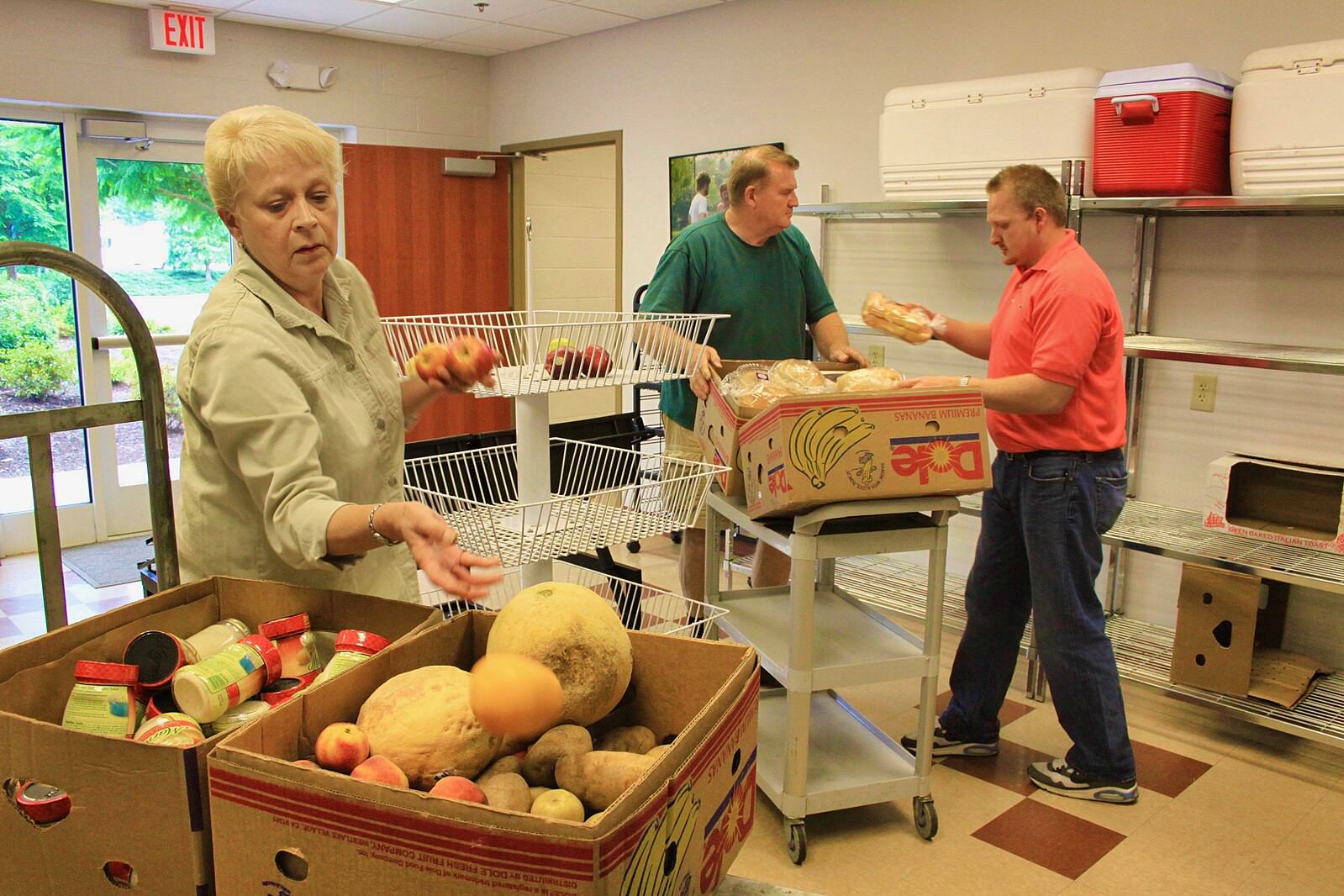U.S. News
Despite Biden’s economic improvements, hunger persists for struggling Americans
By Jake Beardslee · December 11, 2023
In brief…
- Family budgets stretched thin even as economy rebounds by traditional measures
- Relief agencies report demand rising beyond even pandemic levels
- High grocery prices hit those unable to benefit from wage growth
- Food banks forced to cut back as donations decline, costs rise

President Biden has promoted an improved economy stimulated by massive federal spending on infrastructure, renewable energy, and chip fabrication projects that are key talking points in his campaign for a second term. Even as low unemployment, rising wages, and robust consumer spending show signs of a strong economic recovery, food banks and government assistance programs are reporting surging demand from struggling Americans unable to afford basic necessities.
Jennifer Estrada of Wisconsin makes $7 more per hour at her factory job than a year ago, yet her higher pay still falls short of covering her family’s $2,400 monthly grocery bill. She sometimes limits her own meals so her six children have enough to eat, she told NBC News. At relief agencies across the country, the need for food aid has climbed compared to even the height of the pandemic in 2020. Nearly 1 million more people receive food stamps now versus pre-pandemic, and programs like WIC are at record enrollment levels.
Higher prices are hitting family budgets hard, with the cost of meat, milk, bread and other staples up 25% or more since 2020. While inflation has eased recently, prices remain painfully high for many.
With donations down and operating costs up, relief agencies have had to cut back even as they serve more people. Anita Garrett, who cares for five grandchildren, used to take home two bags of groceries weekly from her local food bank. Now she gets one, with less meat inside. “Everything is getting cut, cut, cut,” she said to NBC.